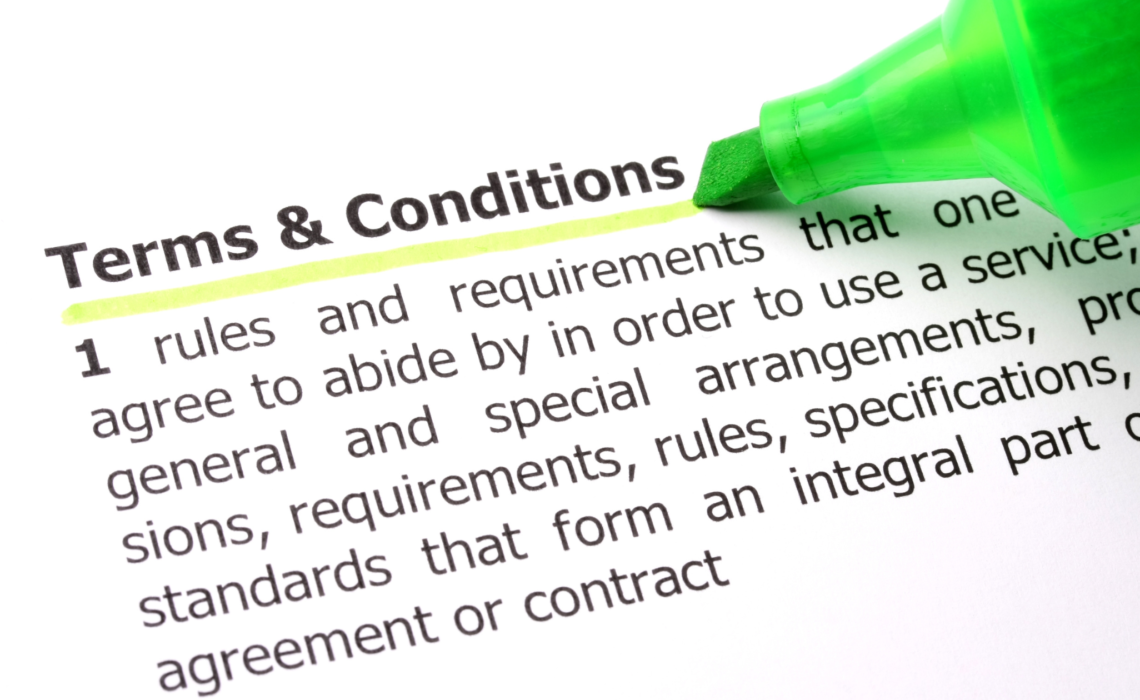
Event rental contracts typically include a variety of terms and conditions to clarify the rights and responsibilities of both parties involved in the agreement. From establishing clear expectations to mitigating potential disputes, outlining the terms and conditions in your contract lays the groundwork for a successful event.
We recommend working with legal experts to ensure your business stays protected and your events run smoothly.
Here’s how you can use Eventective’s Agreements tool to outline your event contract terms:
Event Details:
Event details can be outlined easily in our Agreements tool. In the Overview section, you’ll see all the event details from the prospect’s initial request, including the event name, event type, guest count, and event date. You can edit any of these details here. You can also identify the event coordinator. All of these details will appear in the final agreement for your prospect to sign.
The event schedule can also be fully outlined in the Schedule section. This is perfect for events with multiple functions, such as a cocktail hour and a dinner party. Again, all of these details will appear in the final agreement.
To learn more about editing the event details in your agreement, read this post or watch this video.
Deposit, Reservation, and Payment Terms:
Additionally, our Agreements tool allows you to fully outline the event costs – including deposit amounts and payment deadlines. You can add any billable items in the Schedule section by selecting Manage Items and clicking Add Item. You can create line items for Room Rentals, Food & Beverages, Rentals & Service Personnel, and Fees & Gratuities.
Learn more about adding billable items in this blog post or this video.
Terms
In the Agreements tool, the Terms section allows you to enter as many Agreement Terms as you like.
View some example Term templates here. Review the following list of common Terms and Conditions you may want to consider including:
Cancellation, Termination, and Refund Policies:
- Cancellation deadlines: Establishes the timeframe within which cancellations can be made.
- Termination conditions: Details the conditions under which either party can terminate the agreement, including contract breaches.
- Refund policies: Describes the conditions under which a refund may be issued.
Use of Facilities:
- Permitted use: Outlines the specific purposes for which the rental space may be used.
- Prohibited activities: Lists activities that are not allowed on the premises.
Responsibilities:
- Client responsibilities: Outlines the client’s responsibilities for set-up, decor, and adherence to venue rules.
- Venue responsibilities: Details the venue’s responsibilities, such as providing a clean space, adequate staffing, and necessary facilities.
Insurance Requirements:
- Liability insurance: May require the renter to obtain liability insurance for the event.
- Additional insured: Specifies any additional parties that must be named as insured on the insurance policy.
Damage and Cleanup:
- Responsibility for damages: Clarifies who is responsible for any damage to the property during the event.
- Cleanup requirements: Outlines expectations for cleaning the venue after the event.
Vendor and Catering Policies:
- Approved vendors: Specifies whether the renter must use approved vendors for certain services.
- Catering restrictions: Outlines any restrictions on catering services.
Liquor Liability:
- Legal compliance: Details liquor responsibilities in accordance with state and local laws. In addition, details the number of licensed bartenders provided, along with service requirements and limitations.
- Service times: Specifies the time alcohol will be served.
- Security and safety measures: Ensures security and safety measures to protect the event attendees, including monitoring alcohol consumption and preventing underage drinking.
Force Majeure:
- Addresses unforeseeable circumstances, such as natural disasters, that may impact the event.
Termination of Agreement:
- Conditions for termination: Outlines the conditions under which either party can terminate the agreement.
Indemnification:
- Liability protection: Specifies that one party agrees to indemnify and hold harmless the other party in certain situations.
Compliance With Laws:
- Legal requirements: Requires the renter to comply with all applicable laws and regulations during the event.
Conclusion
It’s crucial to thoroughly outline all terms and conditions in an event rental contract before sending it to your prospective client. As a reminder, we recommend consulting with legal professionals to ensure compliance and protection of your business.
Additionally, the specific terms may vary, so it’s important to tailor the contract to the unique details of each event. Here are a few Term examples to get you started.
Create Agreement Terms and send contracts with Eventective’s new tools. Learn how to build an Agreement or reach out to your Account Manager with any questions.

